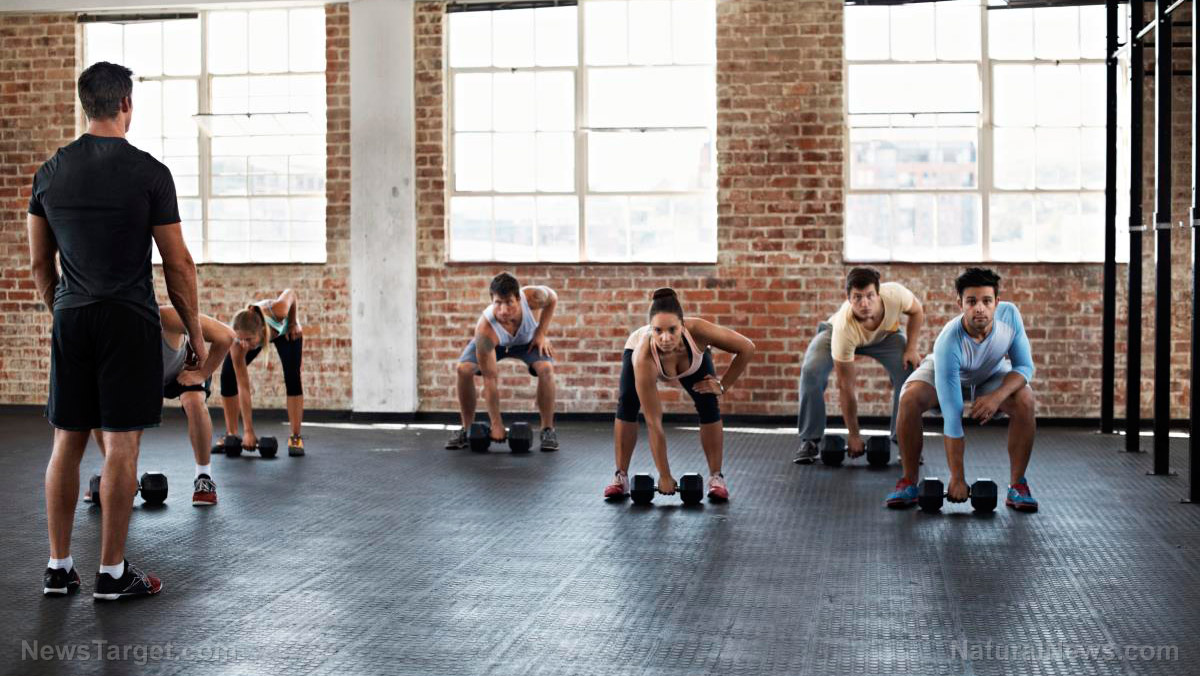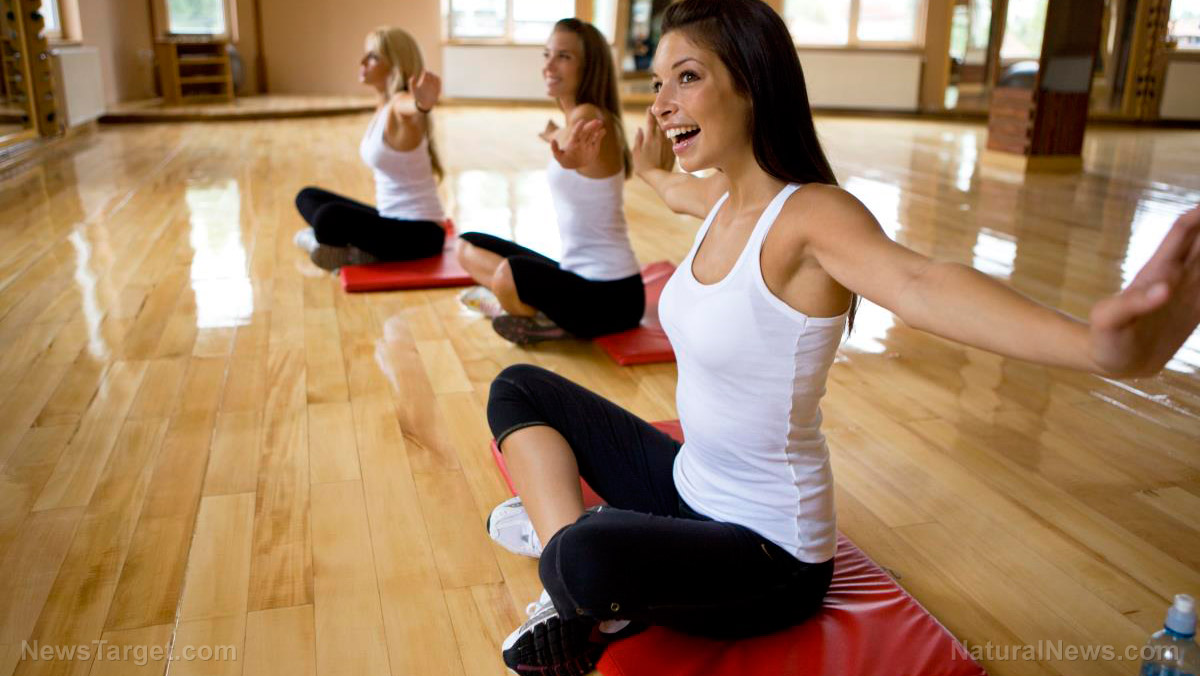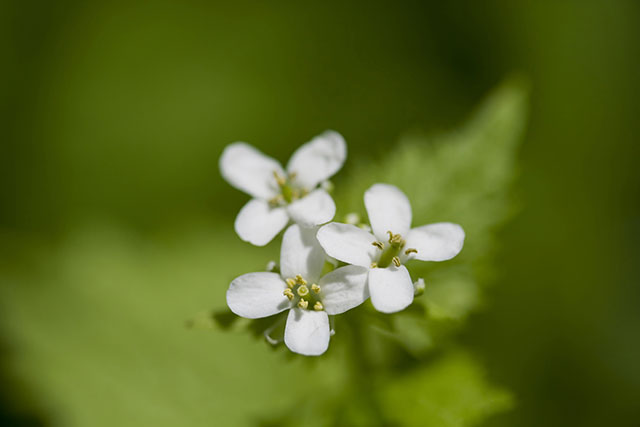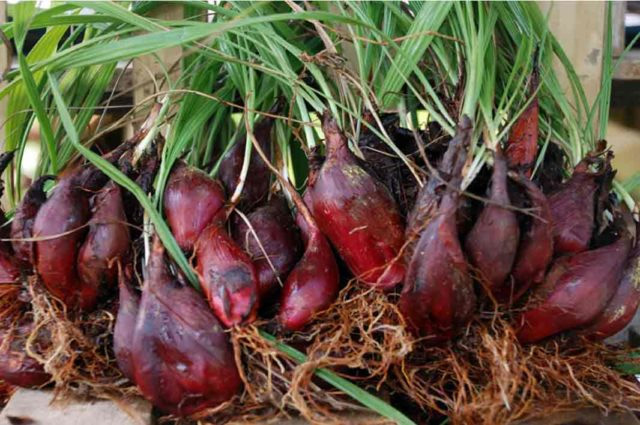Minerals from deep in the ocean found to enhance muscle output, may be next big sports supplement
04/18/2018 / By Michelle Simmons
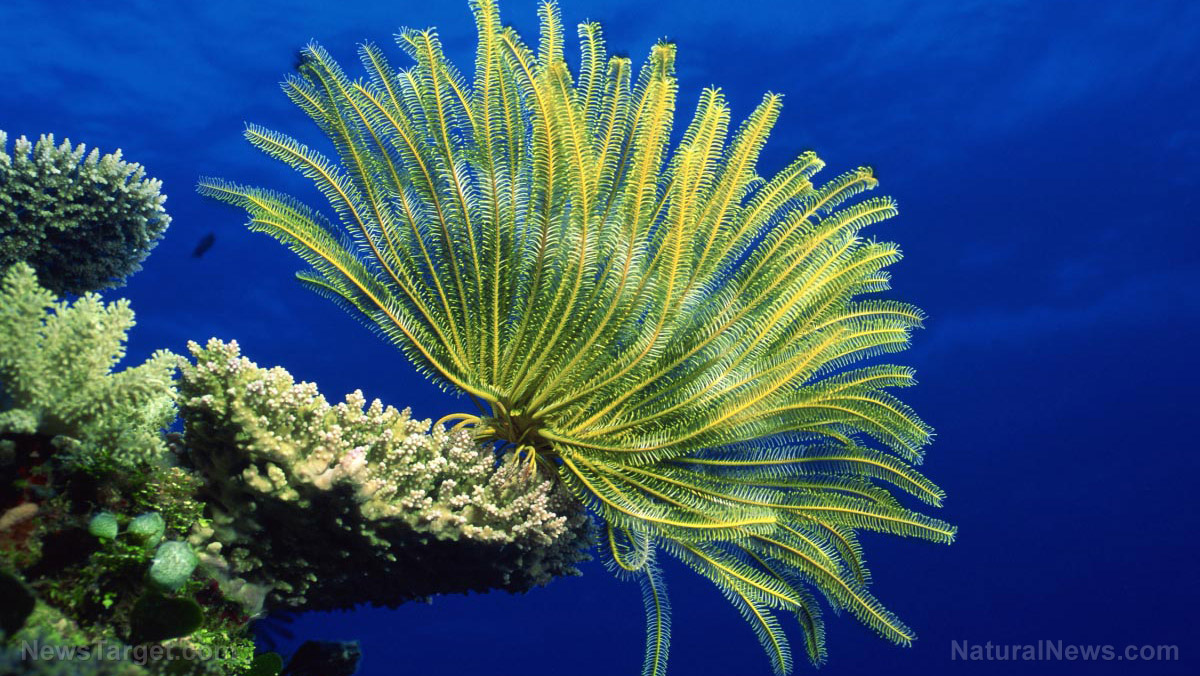
Minerals found in the deep ocean may be used to improve muscle output, potentially becoming a big sports supplement, according to a study published in the journal Frontiers in Physiology. The study, led by researchers at the University of Taipei, aimed to identify the effects of deep ocean minerals (DOM) supplementation on the cerebral blood flow response of young and middle-aged men during exercise.
In the study, researchers in Taiwan, Thailand, and the U.K. enrolled 12 young men around the age of 21 and nine middle-aged men who were between the ages of 45 to 48. After that, they conducted counter-balanced trials of deep ocean minerals, splitting them with a two-week washout period. The deep ocean minerals used in the trials consisted of desalinated materials and trace element from seawater gathered -618 meters below the surface of the earth.
They gave the participants supplements of either DOM or a placebo in beverages before, during, and after exercise. The participants’ tissue hemoglobin was also measured as they were cycling at 75 percent of the maximum amount of their oxygen utilization, also known as VO2 max.
After the trials, the researchers found that the cycling time to exhaustion at 75 percent VO2 max and the associated plasma lactate response were the same in both the DOM and placebo trials for both age groups. However, in terms of cerebral hemoglobin levels, the DOM supplement significantly increased these levels in younger men. This increase was even greater in the middle-aged men.
Moreover, they observed an increase in neutrophil to lymphocyte ratio (NLR) in middle-aged men two hours after intense cycling. Although, this was weakened by the DOM supplement.
“Our data suggest that minerals and trace elements from deep oceans possess great promise in developing supplements to increase the cerebral haemodynamic response against a physical challenge, and during post-exercise recovery for middle-aged men,” the researchers wrote.
They further explained that their findings supported the hypothesis that minerals and trace elements from the deep ocean could increase the nutritive complexity of humans during strenuous physical activities. This was shown through enhanced cerebral hemodynamic response during exercise, and reduced inflammation during recovery.
In conclusion, the findings of the study suggested that DOM can be used as an ingredient in supplements for enhancing the response and recovery of middle-aged men during exercise. (Related: Reduce Sports Fatigue with Deep Ocean Minerals.)
Post-exercise recovery
Although vigorous workouts can help you achieve your fitness goals, it can also leave your muscles sore. Muscle soreness can last from 12 to 72 hours and might make it more difficult for you to go back to the gym again the following day. Fortunately, this can be prevented by eating a balanced diet.
One of the most important nutrients in post-exercise recovery is protein. Protein helps repair damaged muscle tissue as well as muscle soreness. Foods rich in proteins include eggs, milk, yogurt, fish and seafood, chicken, turkey, soy, nuts and seeds, pork, beans, and legumes.
Branched-chain amino acids (BCAAs), which include leucine, isoleucine, and valine, are one of the most effective supplements for reducing muscle soreness. In a study published in the journal Medicine and Science in Sports and Exercise, those who received supplementation with BCAAs reported reduced post-workout muscle soreness.
Another important nutrient for preventing post-exercise muscle soreness is vitamin C. Vitamin C, as an antioxidant, can help reduce oxidative damage and inflammation caused by vigorous physical activity.
Read more news stories and studies on men’s fitness by going to MensFitnessFocus.com.
Sources include:
Tagged Under: blood flow, cerebral blood flow, cerebral hemoglobin, cycling, damaged muscle tissue, deep ocean minerals, DOM, exercise, food science, men, minerals, muscle, muscle output, muscle soreness, muscle tissue, nutrients, ocean minerals, post-exercise recovery, sports supplement, supplements, trace minerals, workout

